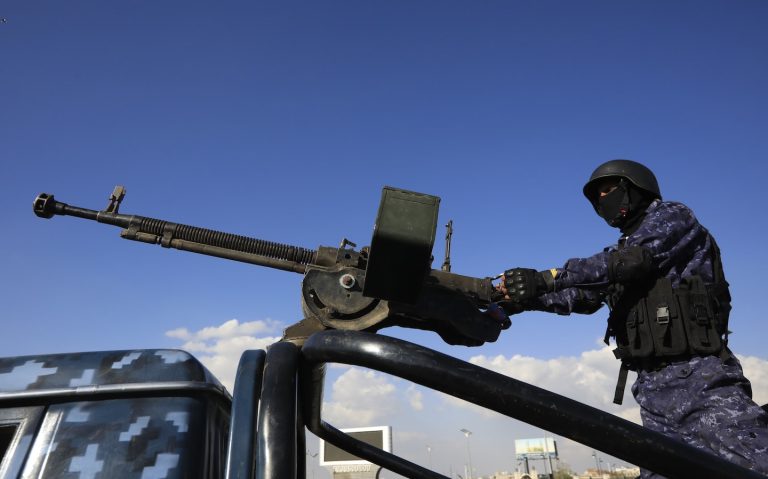Austin said the military action was intended to send… “A clear message” that there will be “further consequences” unless the attacks stop. He added: “We will not hesitate to defend lives and the free flow of trade in one of the world's most important waterways.”
The British government said in a statement that it carried out strikes with Typhoon fighter aircraft supported by tanker aircraft. The statement said that these attacks were carried out on the coastal towns of Salif and Al-Munira, on facilities used to control attack and reconnaissance aircraft, and on Beni, where a group of buildings associated with drone and missile operations were targeted.
Officials said military personnel from Canada, Bahrain, Denmark, Australia, New Zealand and the Netherlands provided support.
The strikes in Yemen follow Friday night's bombing of an estimated 85 targets in Iraq and Syria, opening what the Biden administration has described as a multi-day campaign to prevent future attacks on American personnel. Militias based in both countries, also aided by Iran, have targeted at least 165 American soldiers since October, including an incident on January 28 that led to the deaths of three American soldiers at a remote outpost in Jordan.
President Biden said the US response to their deaths will continue “at times and places of our choosing.”
The Houthis, the extremist group that took control of much of Yemen in 2014, have for months launched attacks on civilian and military ships in the Red Sea and Gulf of Aden, using a range of missiles, one-directional attack drones, and remote drones. Ships equipped with explosives. Like militias in Iraq and Syria, the Houthis portrayed their actions as a protest against Israeli military action in the Gaza Strip and US support for it.
So far, Houthi attacks have not killed any civilians or US forces at sea, but near-daily violence has significantly disrupted global shipping. US warships shot down many of the missiles and attack drones, but others hit commercial ships, causing fires and prompting a large number of sailors to avoid the Red Sea and the Suez Canal, and instead take a longer, more expensive voyage around the south. Horn of Africa.
Initially, the Biden administration mostly avoided entering into direct conflict with the Houthis, fearing that a miscalculation or overreaction could spark more widespread violence as the Middle East boils over the Gaza crisis. But that changed early last month, when the United States joined Britain in launching dozens of strikes on Houthi targets in Yemen.
Since then, US forces have carried out numerous operations there, targeting missiles before they were launched.
Earlier on Saturday, US forces carried out six such strikes, according to US Central Command, which supervises military operations in the region. In a statement, Central Command officials said they had identified anti-ship cruise missiles that were scheduled to be launched into the Red Sea.

